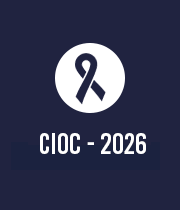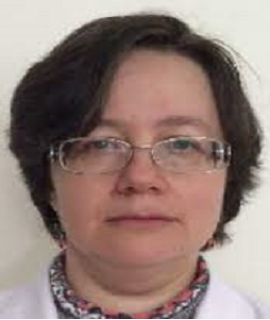Title : The CEA-specific plasmid-based CAR -T cells effectively suppress the human CEA-positive cell culture and tumor xenograft in murine model
Abstract:
The adaptation of CAR-therapy for a treatment of solid malignant tumors is currently considered as a highly promising opportunity for future therapies. One of the approaches in primary human T cell engineering effective commonly used for CAR gene delivery is retroviral gene transduction which can result in unpredictable transgene integration into a host genome (insertional mutagenesis). Alternatively, the electroporation of plasmid DNA or mRNA may be employed to achieve a transient immunoreceptor expression and, thereby, minimize the risk of potential complications. To realize such approach, we decide to employ plasmid DNA as more stable genetic material which does not require RNase free conditions and can be retained in cells for a long time, thereby leading to the prolonged CAR expression. Our suggested therapeutic agent, Carplasmin, is a DNA plasmid carrying the third-generation CAR directed against carcinoembryonic antigen (CEA).
The antitumor efficacy of Carplasmin was evaluated both in vitro and in vivo evaluation of. First, we tested the specificity of Carplasmin-transfected sorted human T-lymphocytes and unsorted transfected lymphocytes against CEA-positive cell line HT29. Second, we assessed of the antitumor efficacy of Carplasmin, using nude mice with the intraperitoneal HCT116 (CEA-positive) xenograft as a model. Moreover we carried out the pharmacokinetic study by estimating with PCR the distribution of plasmid DNA in the blood flow of B6D2F1 mice after injection of isolated lymphocytes with Carplasmin.
In vitro experiments show the specific 50% inhibition of HT29 cells by the Carplasmin-transfected sorted human T-lymphocytes. T-cells electroporated with Carplasmin demonstrated in vivo a strong antitumor activity. Seven injections performed weekly resulted in a remarkable survival rate of 80% while all mice of control group (without treatment) died within that time period. The full remission was observed for 40% of treated mice. The pharmacokinetic study on lymphocytes electroporated with Carplasmin showed their ability to circulate in blood flow up to 2 weeks (with a half-life of 105±7 hours).
The results of our preclinical study demonstrate that Carplasmin may appear as a potent agent for anti-CEA therapy under conditions of repeated weekly injections.



